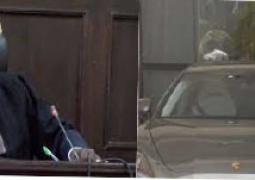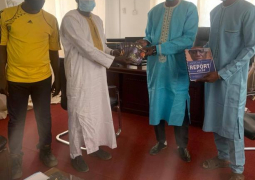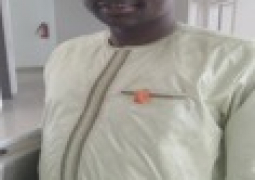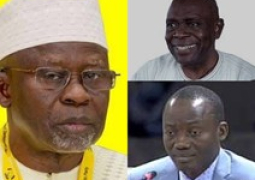Justice Momodou S.M. Jallow through an ex-parte motion brought by the UTG and the Attorney General (AG) ordered the UTGFSA, its executive and members not to embark on a sit-down strike.
Lawyer Sheriff Kumba Jobe UTGFSA said the high court’s interim injunction against his clients is unconstitutional.
Jobe was speaking before Justice Landing Sanneh, the sitting summer vacation judge on Friday, 24 September.
Lawyer S.K. Jobe is challenging the orders made against his clients. Justice Jallow’s order against the Staff Association, its executive and members was made to last till the end of the case.
Lawyer Jobe said the interim injunction against his clients is unconstitutional and illegal. He now wants Justice Landing Sanneh to set-aside or discharge or vary the order of Justice Jallow.
Lawyer S.K. Jobe said the application by the staff association was supported with an affidavit in-support of 14 paragraphs sworn to by Dr. Alieu Gibba, the President of the UTGFSA.
Lawyer SK Jobe argued that the orders of the former vacation judge, Justice Momodou S.M. Jallow against the UTGFSA were unconstitutional and illegal.
“My lord, an ex-parte order of interim injunction should not [be made to] last pending the hearing and determination of this suit [case],” he said, adding “My, Lord, this is a travesty of justice.”
Lawyer Kimbeng Tah appeared for the Attorney General and the University of The Gambia. He said the motion by Lawyer S.K. Jobe is untenable in light with the flawed nature of the affidavit in-support. He said paragraphs 5,7,8,9,10,11,12 and 13 of the affidavit in-support sworn to by Dr. Alieu Gibba fell foul of the Evidence Act. Lawyer Tah submitted that they contain legal arguments/conclusions adding affidavits should only contain facts. He relied on section 90 of the Evidence Act which provides that an affidavit should not contain legal arguments and conclusions.
He said the only paragraphs that do not fall foul of the Evidence Act were 1,2,3,6 and 14 of the affidavit in-support.
“These are not mere technicalities; these are serious issues of fact,” he said.
Lawyer Tah urged the court to strike out paragraphs 5,7,8,9,10,11,12 and 13.
“If the court were to agree with us and strike out the said paragraphs, there will be nothing left to sustain the motion,” Tah said.





